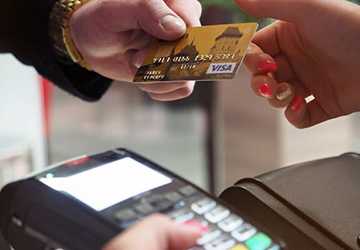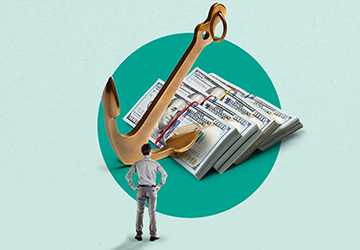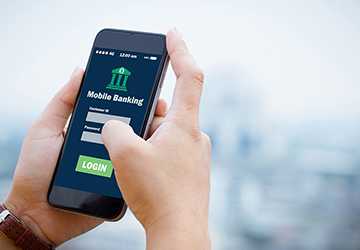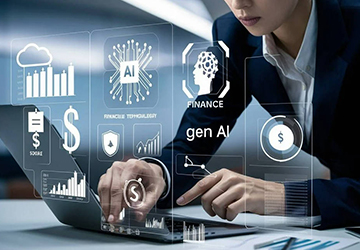How to Invest in Cryptocurrency: A Beginner’s Guide
Digital money, such as Bitcoin and Ethereum, is secured by advanced mathematics. It differs from paper money because banks or governments do not regulate it. Instead, it is overseen by a computer network. Because digital money is a novel and exciting method of generating money and contributes to a significant shift in how we use money, more and more people are becoming interested in buying it.
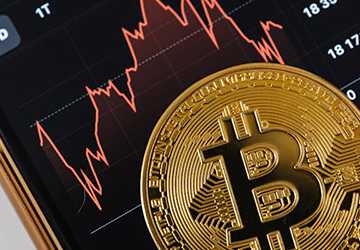
Putting money in bitcoins is crucial because the goal goes beyond financial gain. Digital money is transforming the financial industry and improving everyone's security and fairness.
What is Digital Money?
Like cash, digital money is a form of virtual money that may be used to make purchases. It can also be purchased to earn a financial return, just like other monetary items. Digital money is among the most unstable asset groups, experiencing significant price fluctuations.
Unlike most other types of money, digital money is decentralized; this means that a central authority, like the US government, is not involved in its issuance, backing, or regulation. Coins, often referred to as tokens, are digital representations of Bitcoin produced through verification procedures based on blockchain technology.
A blockchain is a potent tool that is not limited to use. Blockchain technology, sometimes called a distributed ledger, creates a safe, encrypted record of each virtual coin's value and the transactions connected with it.
The records are dispersed and connected among the machines that make up the blockchain network; anybody with a web browser can theoretically access the blockchain. The design of this system prioritized accuracy, speed, transparency, and security.
Types of Digital Money
Nowadays, digital money is gaining popularity, and there are many types. Some of them are explained below.
Bitcoin
The earliest and most commonly recognized digital currency is Bitcoin, developed in 2009 under an alias known as Satoshi Nakamoto by an anonymous individual or group of individuals. Because of its rarity and qualities as a store of value, it is frequently described as digital gold and runs on a decentralized blockchain network.
Ethereum
Ethereum is a decentralized platform for developers to create and implement decentralized apps and smart contracts. The introduction of programmable blockchain made decentralized financial applications and token production possible.
Binance Coin
Binance Coin is the native coin of Binance Exchange, one of the most prominent digital money exchanges worldwide. Within the Binance Community, it can be used for several different purposes, such as paying fees for transactions on the Binance platform.
How Does It Work?
Bitcoin functions as a decentralized electronic payment system, different from conventional money that governments or banks regulate. When a transaction is desired, a digital record with the receiver and amount is created and subsequently distributed to a global network of computers.
Together, these computers confirm the transaction's validity and ensure the sender has enough money and isn't trying to commit fraud. Following verification, the transaction is entered into the blockchain, an open database that is a permanent document of all transactions.
Some computers on the network participate in a process known as mining, in which they solve challenging mathematical puzzles to verify events and get credited with new bitcoin to preserve the security of the blockchain. Because bitcoins are decentralized, they are managed by the combined efforts of all network users rather than by a single entity, which improves transaction security and transparency.
How to Buy Shares of Digital Money
To begin putting money into digital money, you must do a few essential steps:
Set Up Your Digital Wallet
You can think of a digital wallet as an electronic bank account. You keep, transmit, and receive digital currency there. You have a variety of alternatives when setting up a digital wallet, including hardware wallets, mobile wallets, and web wallets. Mobile money wallets are apps you may download to your smartphone, while e-wallets are easy to use through web browsers.
Hardware wallets are tangible objects that store your digital assets offline for further security. Once you've decided whatever kind of wallet best fits your needs, build and protect it by following the directions. Since your private keys provide you access to your money, be sure to keep them secure.
Select a Digital Money Exchange
An exchange for bitcoins is a website where you can purchase, sell, and trade them. When selecting an electronic money exchange, consider security, fees, available digital assets, interface design, and customer service. To safeguard your money, look for trustworthy exchanges with robust security protocols.
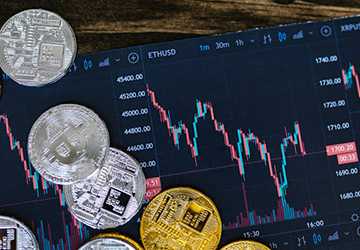
Exchanges for well-known bitcoins include Gemini, Kraken, Binance, and Coinbase. After opening an account on your chosen exchange, you must complete the verification process, which may need your identity and other personal information.
Do Some Research
It's essential to perform an in-depth study before making digital money purchases to comprehend the industry and make wise choices. Examine the digital assets, their uses, technology, communities, teams, and development prospects.
Consider variables affecting bitcoin pricing, such as historical performance, market trends, and news stories. To stay educated, use tools like news sources, communities, social media, and digital money websites.
Create Your Financial Plan
After extensive research, it's time to design a spending plan considering your time horizon, risk tolerance, and financial objectives. Assign your finances according to how much cash you can put in digital money. Consider expanding your financial portfolio by holding various electronic funds to spread risk.
To control risk, decide where to enter and exit the market, establish reasonable profit goals, and place stop-loss orders. Review and modify your financial plan regularly, taking into account your financial goals and the state of the market.
Conclusion
Trading digital money, like Ethereum and Bitcoin, is exciting as a computer network controls it instead of banks or governments. Since digital money is new and has the potential to alter how we use cash, many individuals are interested in purchasing it. When putting money, research your options and create a plan that balances your risk tolerance and goals. Even though it is unpredictable, cautious preparation can help maximize its growth potential.
